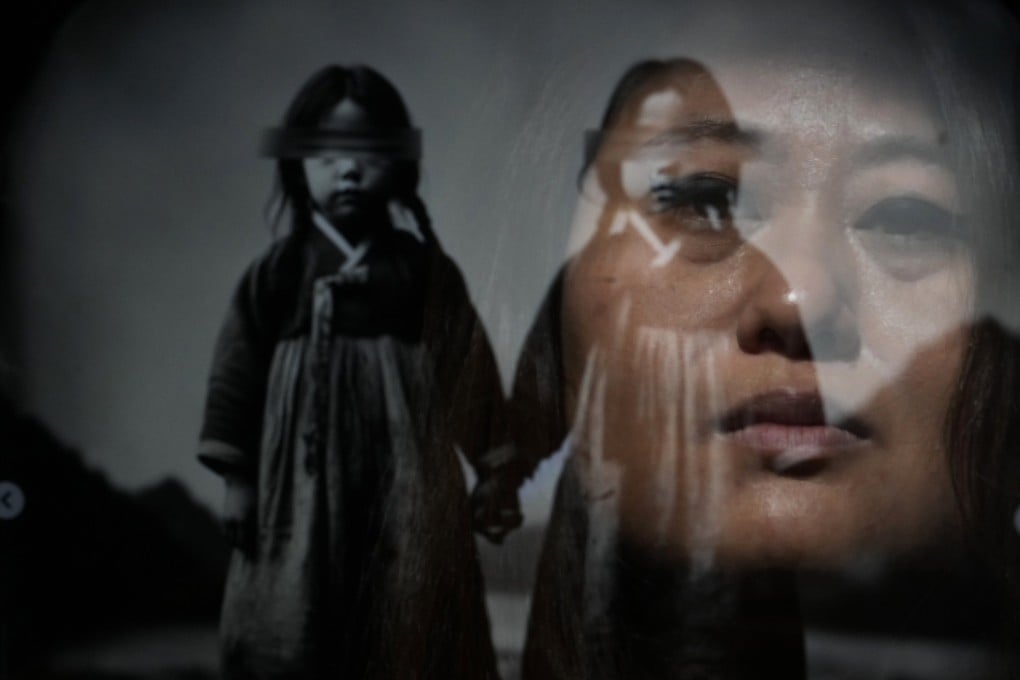Adopted woman in race to find real parents reunites a father with twin daughters
A South Korean adoptee in the US who makes a shocking discovery goes searching for her real parents – helping another family on the way

Rebecca Kimmel sat in a small room, stunned and speechless, staring at the baby photo she had just unearthed from her adoption file.
It was a black-and-white shot of an infant, possibly taken at an orphanage in Gwangju, the South Korean city where Kimmel had heard all her life that she had been abandoned. But something about the photo – the eyes, the ears, an uneasy feeling deep in her gut – confirmed what she had long suspected: this baby was not her.
Overcome, she started howling like a strange, wounded animal. This photo meant that the stories she had been told about herself were a lie. So who was she? Who is she?
Thousands of South Korean adoptees are looking to satisfy a raw, compelling urge that much of the world takes for granted: the search for identity. Like many of them, Kimmel has stumbled into a web of switched photos, made-up stories and false documents, all designed to erase the very identity she desperately wants to find.
These adoptees live with the consequences of a tacit partnership by the South Korean government, Western nations and adoption agencies that has supplied some 200,000 children to parents overseas, despite warnings of widespread fraud.
For decades, South Korea tried to get rid of children from biracial parents, poor families, orphanages and unwed mothers, ignoring illicit practices. Western families, in turn, were eager to adopt from abroad, after access to birth control and abortion crushed the supply of domestic babies.
While many adoptions ended happily, the desires of both sides also resulted in the unnecessary removal of generations of children from their families based on fake paperwork.